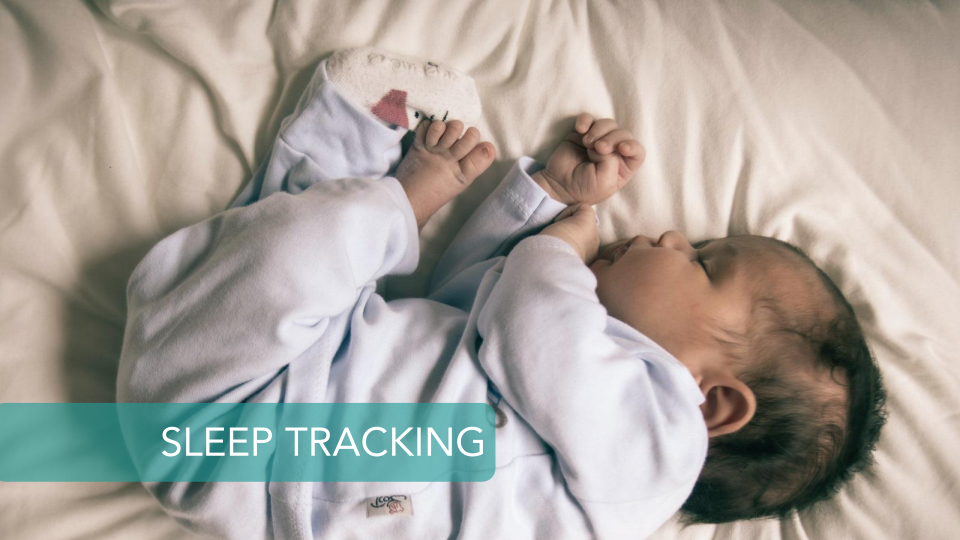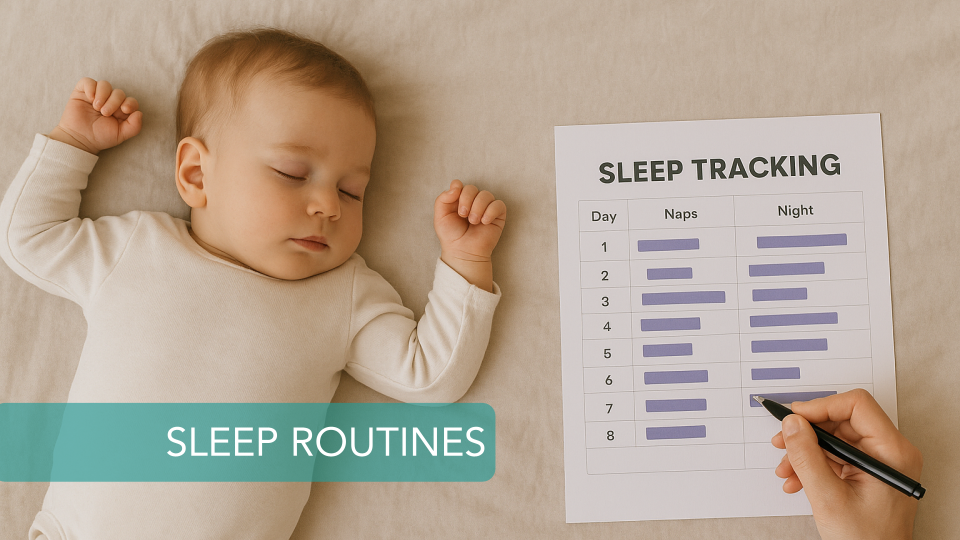1 Month Old Sleep: Patterns, Tips & What Parents Should Expect
- Sofia Almeida

- Sep 23, 2025
- 3 min read
Understanding 1 month old sleep can feel overwhelming for new parents. Babies at this stage spend most of their day resting, but their sleep cycles are short and often unpredictable. Many parents feel exhausted trying to keep up, especially with frequent nighttime waking.
By learning what’s typical, how to encourage safe sleep, and what to expect, you’ll feel more prepared to support your baby’s rest—and your own.

How Much Does a 1 Month Old Sleep?
At one month, babies usually sleep 14–17 hours in a 24-hour period, though the total can range from 12 to 18 hours. Sleep is spread out in many short stretches rather than one long block.
Because their stomachs are still small, babies wake frequently to feed. Breastfed babies may feed every 2–3 hours, while formula-fed babies often go 3–4 hours between feedings. This means waking often—especially at night—is normal.
Sleep Patterns at 1 Month Old
A 1 month old does not yet have a mature body clock, so they do not understand day and night. Sleep is broken up into multiple short cycles:
Babies usually sleep in 2–4 hour stretches.
Sleep includes a lot of active sleep—similar to REM sleep—where babies twitch, move, or make noises.
Parents may notice no predictable routine yet; some days will look very different from others.
This irregularity is temporary. As babies grow, their circadian rhythm begins to form, and sleep gradually consolidates.
What to Expect with 1 Month Old Sleep
The first month is an adjustment period for both parents and babies. Here’s what’s normal to expect:
Frequent night waking for feedings.
Short naps of 1–3 hours throughout the day.
Growth spurts around 2–3 weeks that may cause cluster feeding and more waking.
Gradual changes by the end of the first month, with some babies starting to sleep longer at night.
Remember—every baby is different. Some may sleep a little more or less than average, and that’s okay.
Tips to Support Healthy 1 Month Old Sleep
While you can’t set a schedule yet, you can encourage healthy habits early on.
Practice safe sleep: Always place your baby on their back, in a crib or bassinet with a firm mattress and no loose bedding.
Look for sleepy cues: Yawning, turning away, rubbing eyes, or fussiness means your baby is ready to rest. Putting them down before they’re overtired helps them settle more easily.
Encourage day-night learning: Keep daytime feeds more interactive with light and sound. Keep nighttime feeds calm and quiet.
Create a soothing environment: Dim lights and use white noise or gentle shushing if it helps.
Track sleep and feeds: Using tools like Cubtale makes it easier to see patterns and share updates with your pediatrician.
Safe Sleep Guidelines for 1 Month Olds
The American Academy of Pediatrics (AAP) and National Institutes of Health recommend the following:
Always place your baby on their back to sleep.
Use a firm, flat sleep surface in a safety-approved crib or bassinet.
Keep the sleep space free of blankets, pillows, toys, and bumpers.
Avoid couches, armchairs, or inclined sleepers for naps or overnight sleep.
Share your room, not your bed, for at least the first 6 months.
These practices reduce the risk of sudden infant death syndrome (SIDS) and promote safe rest.
Helping Parents Cope with 1 Month Old Sleep
Parental sleep deprivation is real in the first month. Here are ways to manage:
Take shifts with your partner when possible.
Nap during the day when your baby naps.
Accept help from family or friends.
Keep essentials close—a bedside bassinet can make night feeds easier.
Use Cubtale to log sleep and feeds so you spend less time tracking and more time resting.
When to Call the Doctor
Most sleep changes at this stage are normal, but contact your pediatrician if:
Your baby is very difficult to wake.
They sleep more than 4–5 hours without feeding.
You notice labored breathing, bluish skin, or unusual behavior during sleep.
It’s always better to ask—pediatricians expect questions about sleep and feeding, especially from first-time parents.
Final Thoughts
1 month old sleep is far from predictable, but that’s part of newborn life. Babies wake often, nap in short bursts, and mix up day and night. While exhausting, this phase is temporary.
By following safe sleep guidelines, watching for cues, and using helpful tools like Cubtale to track patterns, you can make the process smoother. With time, your baby will begin sleeping longer stretches, and you’ll both find a better rhythm.
Sources
American Academy of Pediatrics – Safe Sleep
National Institutes of Health – Safe to Sleep®
Nemours KidsHealth – Newborn Sleep Patterns





Comments